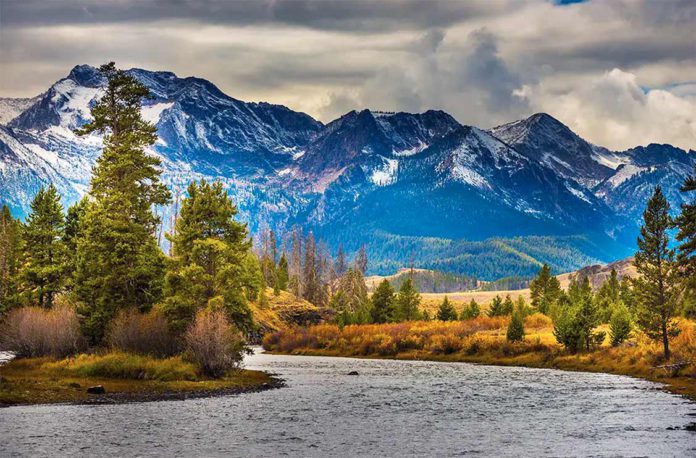WASHINGTON, D.C. – The National Congress of American Indians (NCAI), represented by the Native American Rights Fund (NARF), has filed an amicus brief supporting the Shoshone-Bannock Tribes in the case Shoshone-Bannock Tribes of the Fort Hall Reservation v. United States Department of the Interior in the U.S. Court of Appeals for the Ninth Circuit. The brief emphasized the importance of the trust relationship between tribal nations and the United States, which requires the federal government to act in good faith and fully honor its promises to tribal nations.
“The Shoshone-Bannock Tribes ceded vast tracts of their homelands to the United States, but they did so pursuant to an agreement that reserved crucial rights for the tribal nations and their citizens,” said NCAI Executive Director Larry Wright, Jr. “Congress ratified that agreement and defined limited ways that the land could be removed from their use. It is imperative that the United States honors its legal and moral obligations by upholding the terms of this agreement.”
“The Shoshone-Bannock Tribes have long fought to protect their homelands and their treaty rights,” said NARF Staff Attorney Morgan Saunders. “NARF is proud to stand with them and to echo their call that the United States must respect the sovereign-to-sovereign trust relationship that exists between the government and all federally recognized tribal nations. The United States is not allowed to change or reinterpret the terms of federal law and its agreement with the Shoshone-Bannock just because it is convenient for them.”
The Shoshone-Bannock Tribes brought suit in 2020 to stop the federal government’s illegal exchange of their homelands. The Shoshone-Bannock’s right to use those lands is protected under an 1898 agreement and codified in law under what is known as the 1900 Act. In 2023, the U.S. District Court rightfully found that the federal government had failed to comply with federal law, including the 1900 Act, and breached its trust responsibilities to the Shoshone-Bannock.
The federal government and the J.R. Simplot Company, the business seeking to acquire the lands, appealed that decision to the Ninth Circuit Court in 2023.















































